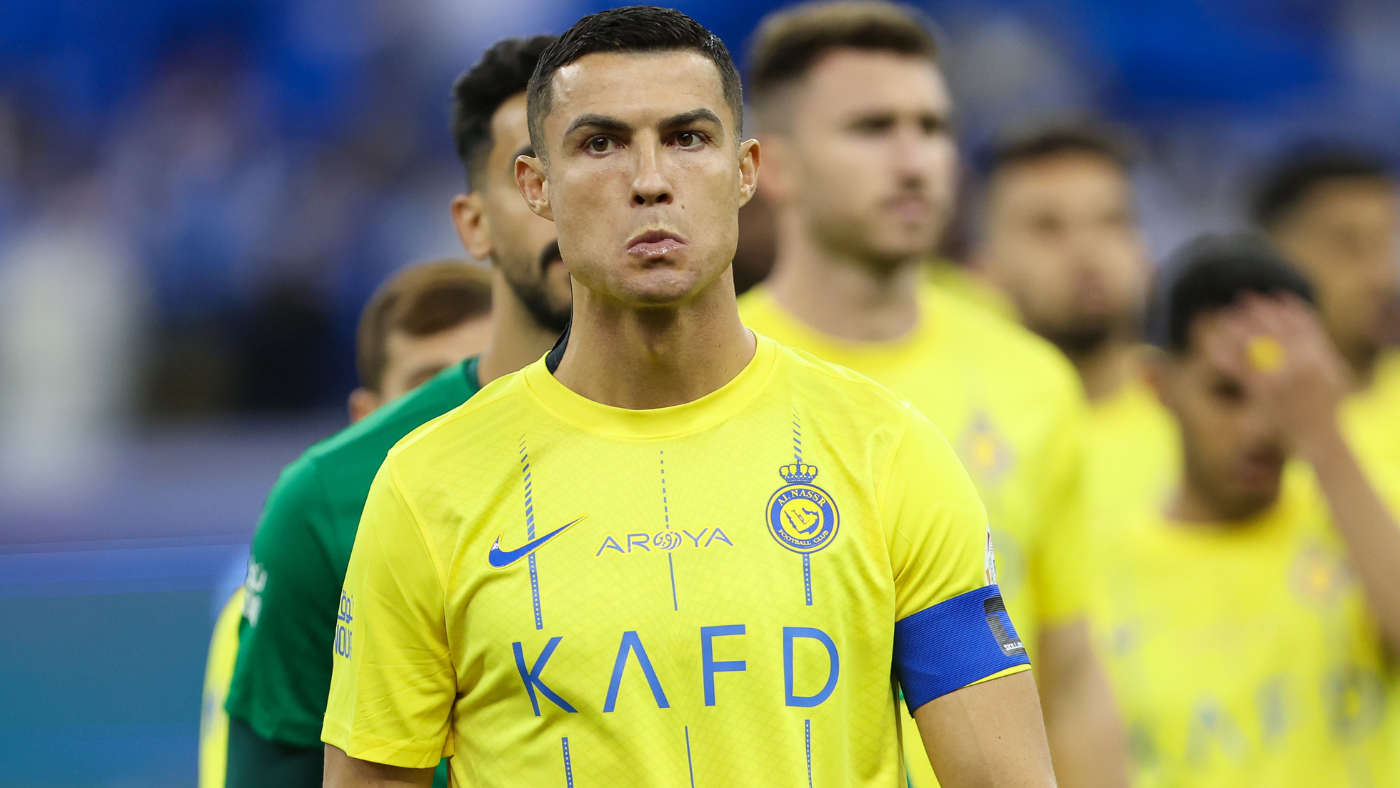Trump’s attorney argues Georgia election case should be dismissed due to First Amendment
Written by ABC Audio ALL RIGHTS RESERVED on December 1, 2023
(ATLANTA) — Former President Donald Trump’s attorney told a Fulton County court Friday that the Georgia election interference indictment against Trump “needs to be dismissed” on the grounds that it prosecutes conduct protected by the First Amendment.
The argument came in the first of two hearings scheduled Friday in which attorneys for the former president and several of his co-defendants are seeking the dismissal of the case or a delay in the case’s upcoming deadlines.
“You take the facts as alleged in the indictment … and when you do that … you find that it violates free speech, freedom of petitioning, all the expressions that the First Amendment is designed to protect,” Trump’s attorney Steve Sadow told the court.
The brief remarks from Sadow marked the first time Trump’s team has presented arguments in the case.
“Every single count of the complaint, every single act … relates to that political speech regarding probably the most important election in 2020 — the presidential election,” said Chris Anulewicz, an attorney for Trump co-defendant Robert Cheeley.
Anulewicz made the bulk of the First Amendment arguments before the court, telling the judge that political speech is “given the highest level of protection of any speech.”
A prosecutor for the Fulton County district attorney’s office pushed back on the First Amendment argument, saying the case that goes far beyond speech.
“Some of these are crimes involving expression; some of them are not,” Deputy District Attorney Will Wooten said. “Conspiracy is not a crime involving expression. It’s a crime involving a corrupt agreement.
“The list goes on and on,” Wooten said.
Sadow also pushed back on the Aug. 5 trial date proposed by the Fulton County district attorney, citing the timing of the 2024 presidential election.
“Can you imagine the notion of the Republican nominee for president not being able to campaign for the presidency because he is in some form or fashion in a courtroom defending himself?” Sadow asked the court. “That would be the most effective election interference in the history of the United States. And I don’t think anybody wants to be in that position.”
“Let’s be clear — this is not election interference,” responded Fulton County special prosecutor Nathan Wade. “This is moving forward with the business of Fulton County.”
Judge Scott McAfee brought up the question of what what would happen if Trump won the election, asking, “Could he even be tried in 2025?”
“The answer to that is, I believe, that under the supremacy clause and his duties as president, this trial would not take place at all until after he left his term of office,” Sadow responded.
At one point, an attorney for Trump co-defendant John Eastman jumped in to offer his client’s opinion that the trial date should be set earlier than August.
“There are a number of defendants, as noted, who are not running for president of the United States,” he said.
Trump and 18 others pleaded not guilty in August to all charges in the Fulton County district attorney’s sweeping racketeering indictment for alleged efforts to overturn the results of the 2020 presidential election in the state of Georgia. Defendants Kenneth Chesebro, Sidney Powell, Jena Ellis and Scott Hall subsequently took plea deals in exchange for agreeing to testify against other defendants.
Judge McAfee indicated that he would likely break up case’s 14 remaining defendants into multiple trials — but that it was “still a little too far out” to set the maximum number of defendants per trial.
“Even 12 defendants would be pushing it,” said McAfee. “That’s where I’m at now.”
Lawyers for Trump’s former chief of staff Mark Meadows and former Justice Department official Jeffrey Clark were expected to present arguments during the day’s second hearing to try to delay several rapidly approaching deadlines in the case.
Meadows is seeking a two-month extension to the Dec. 4 deadline for discovery and the Jan. 8 deadline for pretrial motions, citing his ongoing effort to remove his case to federal court.
“The request for a relatively brief extension is made in an effort to prevent Mr. Meadows from having to litigate the same case simultaneously in two separate courts while the Eleventh Circuit decides on an expedited schedule, the removal action,” his filing states.
Clark is also seeking to delay those deadlines, citing his own federal removal effort, as well as his ongoing disciplinary case, brought by the D.C. bar, that’s underway in Washington, D.C., .
Clark’s attorney said Clark’s “very difficult and congested calendar” would overburden Clarke and compromise the adequacy of his representation.
Copyright © 2023, ABC Audio. All rights reserved.







